Gastronomika 2021: San Sebastián gathering celebrates French influence on Spanish cuisine
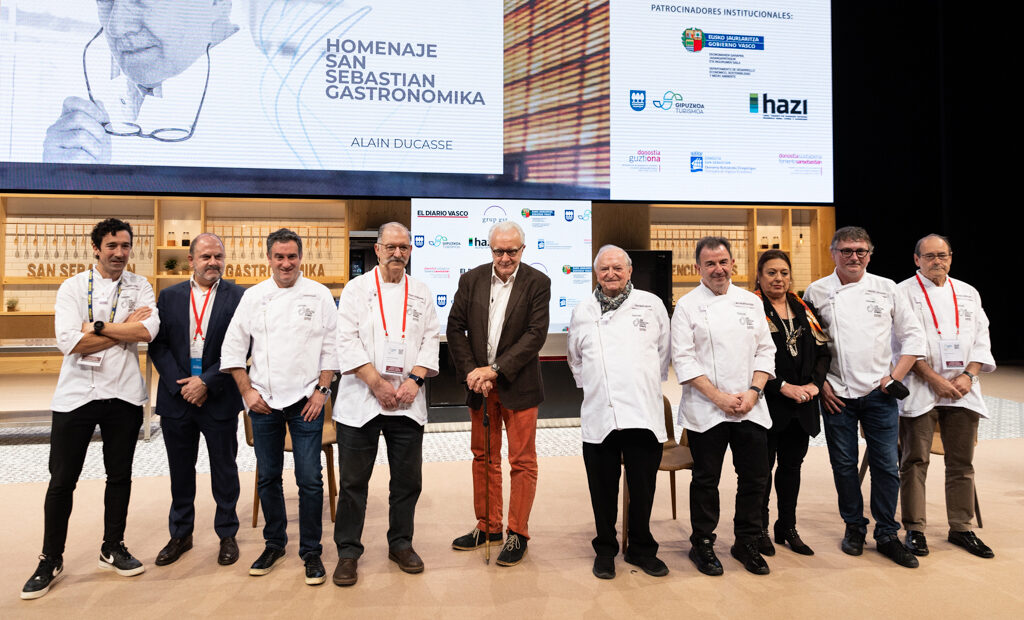
San Sebastián – or Donostia for the locals – was home to the 23rd edition of the Gastronomika food convention this month, the latest iteration celebrating the influence of the French on Spanish cuisine. The Basque city, which lies less than 20 miles from the border with France, has been the cradle of fine dining, and two chefs in particular – Juan Mari Arzak and Pedro Subijana – have contributed to the development of what was known as “new Basque cuisine”. While the theme of the congress was the impact of French gastronomy over Spanish, the clear subtext was the realisation that not only are the two countries now perhaps on the same level but Spain can claim its own influence too.
The two countries and their gastronomic ambassadors have in recent months greeted each other with open arms, moving forward as a team: Pierre Gagnaire, Alain Dutournier and Marc Veyrat have built bridges between the two countries, and Alain Ducasse and Albert Adrià have embodied the connection in the recent opening of their joint venture, ADMO (a 100-day pop-up restaurant).
Three days of presentations and cultural exchange showcased the renewed energy and recovery of the food sector after the pandemic. With attendance figures similar to those of the last face-to-face edition (12,061 accredited people from 38 different countries, 150 exhibitors and 354 accredited journalists), Gastronomika closed the event on a high, receiving solid interest both in the face-to-face format and from online audiences.
A heartfelt start
“In Spain we say you need eggs to lead a good life,” chef Josean Alija told the crowd as he plated Nerua’s version of a tortilla. A simple, thin omelette was covered with warm sabayon and finished with white asparagus, hake cheek – “a fetish, exclusive product rich of collagen” – courgette flower and courgette. Nerua is an internationally recognised fine-dining restaurant in Bilbao, and during its pandemic closure, chef Alija realised that it was time to ditch rigour and favour fun as well as accessibility. The demonstration showed how simple, local ingredients – red pepper, cardoon, wild mushroom – are now the essence of their cuisine.
Next on stage was Brazilian chef Alex Atala, who was on the verge of crying as he explained how the team of DOM, his restaurant in São Paulo, surprised him by preparing a whole new menu following his teachings during the pandemic closure. He then continued explaining how water is actually a major ingredient when it comes to cooking. Atala took a cassava to show this: if prepared with alkaline water or with acidic water, the result is completely different. This is something he learned from indigenous Brazilian people: the way a product can be transformed through different cultural interpretations.
Other stellar presentations from day one included Azurmendi’s Eneko Atxa’s, who cooked the restaurant’s entire menu in just 30 minutes, Aponiente’s Ángel León’s, who keeps pushing boundaries of experimentation with seafood (this year he presented a cheese made of bluefin semen, utilising the camembert fungus) and Disfrutar’s Eduard Xatruch and Oriol Castro’s, who demonstrated their latest avant-garde techniques.
The French geniuses who influenced Joan Roca
From the creativity of Gagnaire to the great restaurant model of Pic, the sous-vide chicken breast of Blanc to the books of Guérard, the inspired marriage of food and wine by Senderens to the harmony of the Troisgros family – and the gargouillou of Bras – Joan Roca of three-Michelin-starred El Celler de Can Roca recalled in his speech the influence France has had on his craft, citing the valuable work of legions of brilliant French chefs: “Each has taught us something. All together, what a great restaurant!”
In one of the final presentations of the convention, Paco Morales of two-Michelin-starred Noor in Córdoba, explained how he cooked dishes with ingredients “that came from America – something that we had discarded until now to focus on Andalusian cuisine”, and Aitor Arregi (the man behind the legendary Asador family-run Elkano) detailed the current reality and the future of his restaurant, 18 years after he inherited it from his father. Arregi took to the stage, accompanied by his head chef, Pablo Vicari, whom he considers his brother, as well as the grillers at the restaurant, one of whom roasted fish on the grill installed outside the Kursaal.
“We have the best job in the world”
Jorge Bretón, John Regefalk and Luis Arrufat, three professors at the Basque Culinary Centre, opened the morning of closing presentations by reviewing the ten years of the educational institution’s history. They were followed by three other speakers, owners of traditional and family businesses in Madrid: Irene Guiñales (Casa Pedro), Juan Manuel del Rey (Corral de la Morería Gastronómico) and Alberto Fernández Bombín (Asturianos), who had differing approaches to culinary tradition (Fernández, for example, in favour of softening convention, and Guiñales remaining firm), but who converged on the idea, “We have the best job in the world.”
Also on the last day, Ekaitz Apraiz (Tunateca, Barcelona) gave a masterclass on bluefin tuna; Beatriz González (Neva Cuisine, Paris) explained a French approach to Mexican cuisine, and Amandine Chaignot (Pouliche, Paris) expounded the idea of a cuisine where meat or fish “are only used as accompaniments”.
The last two presentations of Gastronomika ’21 focused on sustainability from an international perspective. Chele González (Gallery by Chele, Manila) recalled the “impossibility of being sustainable if the products do not reach everyone”. The Cantabrian explained the system he has established to cook and sell at a good price, “thanks to dispensing with intermediaries”. Virgilio Martínez (Central, Lima), for his part, closed the congress with a plea for the preservation of the environment and the natural movement of paiche seeds and cocoa “to become strong where they want without the need to consume CO2“.
Competition winners
Finally, Gastronomika revealed the winners of the second National Chickpea Championship (La Botica de Matapozuelos from Matapozuelos, Valladolid, with a dessert of roasted chickpeas), the12th National Grill Competition (Manu Yebras of Pura Brasa in Barcelona – the second non-Basque winner in the contest’s history after Lomo Alto, another restaurant in the Catalan capital) and the fourth National Russian Salad Championship (which was awarded to Daniel Moreno Zarazvilla of Tragatá de Ronda, Málaga).
The food desk
For further information and to register for the 2022 edition visit the Gastronomika website. The next major Spanish gastronomy convention will take place in Madrid in March 2022.

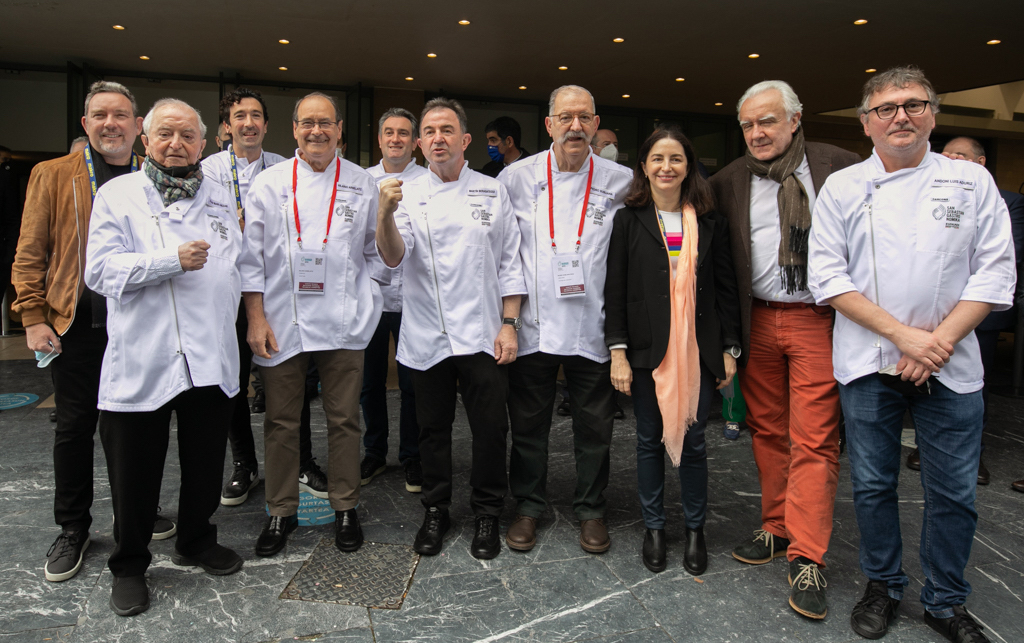
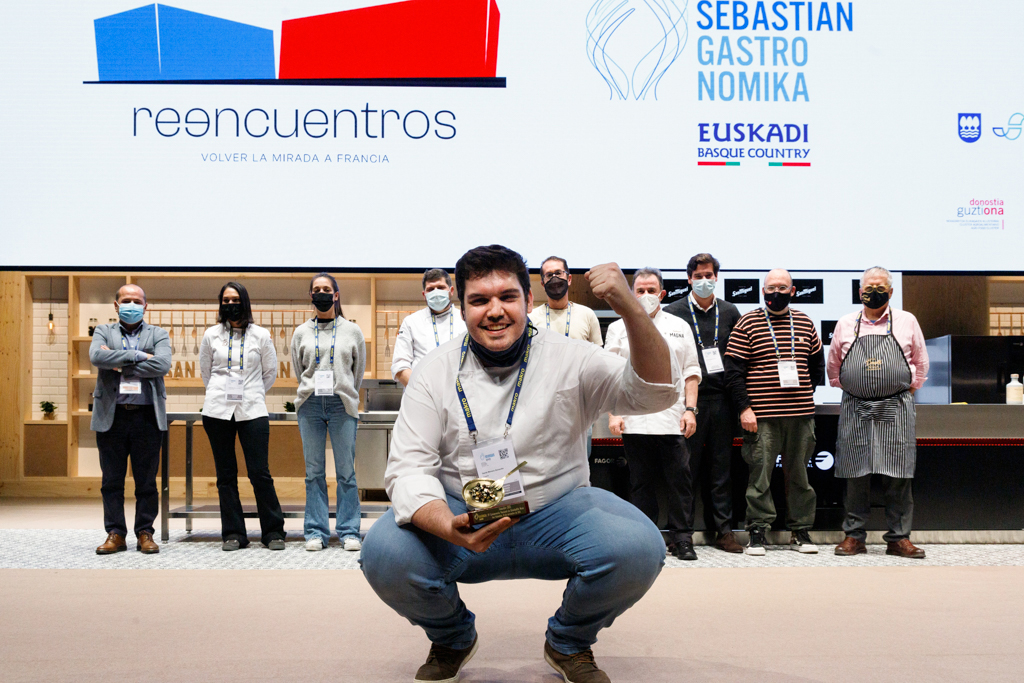
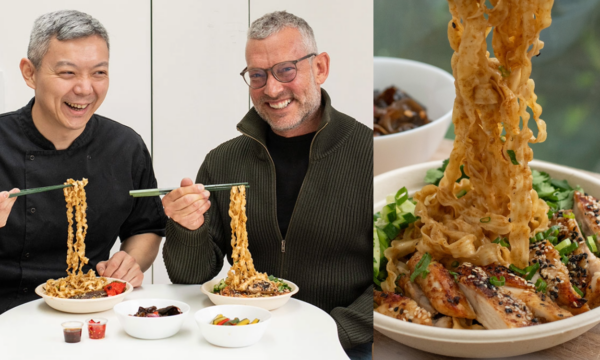
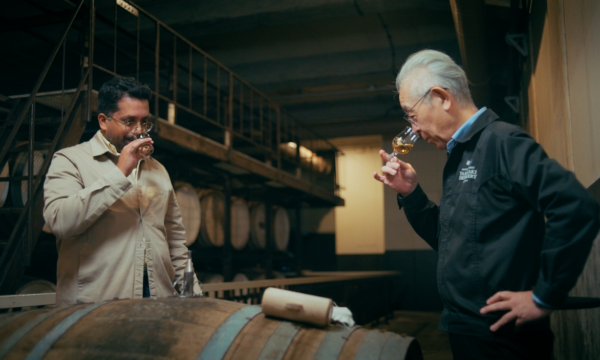
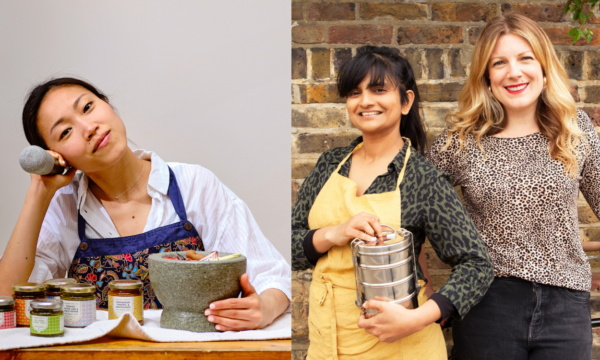
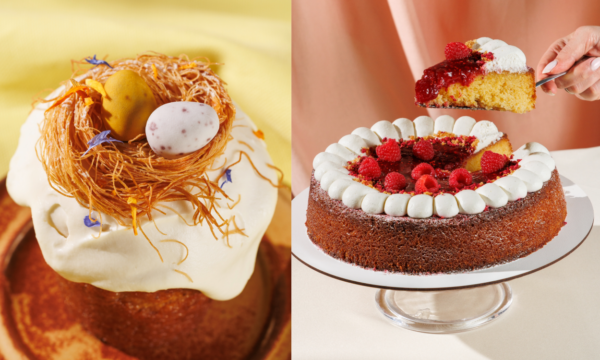
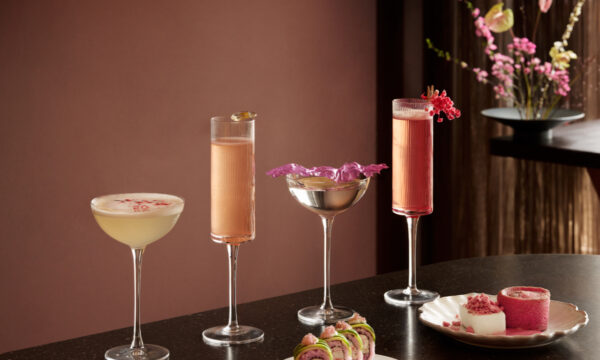
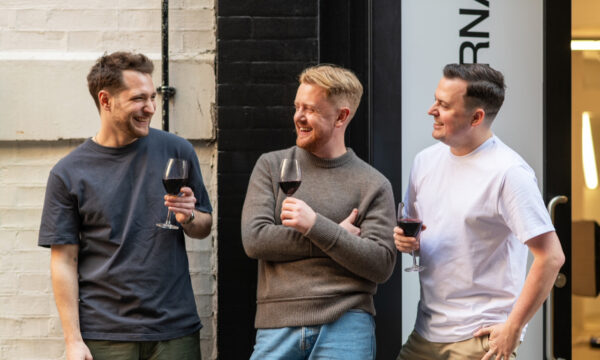
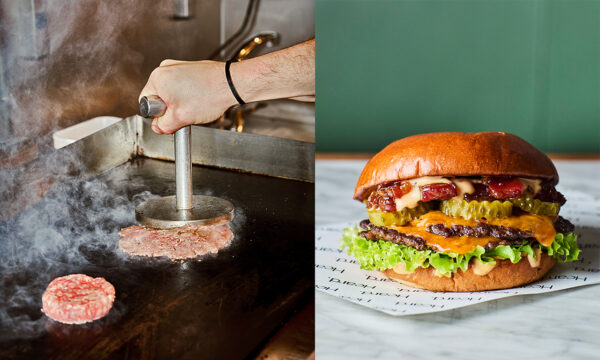
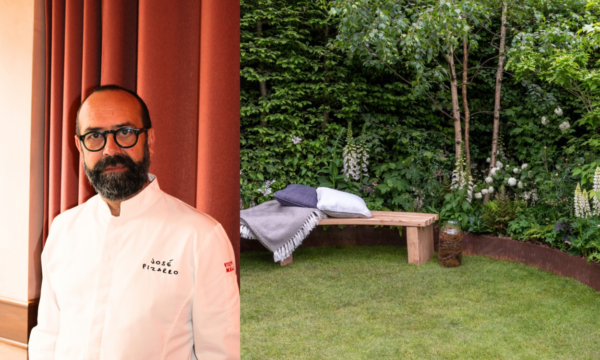
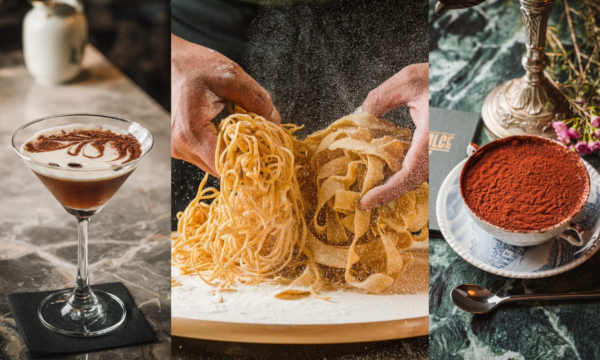











Facebook
Twitter
Instagram
YouTube
RSS